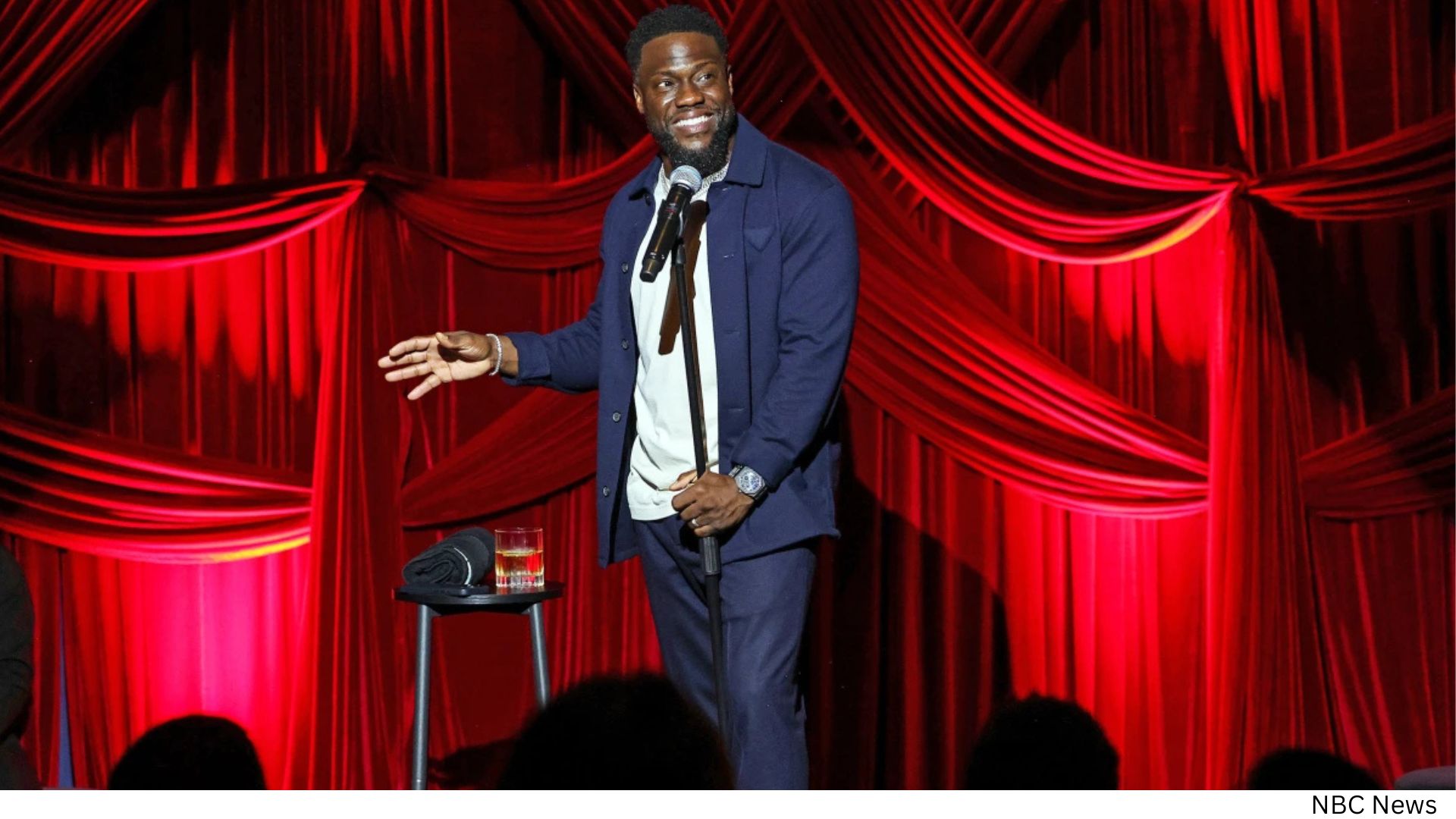Riyadh Comedy Festival Sparks Debate Over Entertainment, Ethics, and Human Rights
Riyadh, Saudi Arabia – The launch of the Riyadh Comedy Festival has brought some of the biggest names in stand-up comedy to Saudi Arabia, but it has also ignited heated debate among fans, human rights advocates, and fellow performers.
The festival, which began on Friday and runs through October 9, features internationally acclaimed comedians including Dave Chappelle, Kevin Hart, Aziz Ansari, Pete Davidson, Andrew Schulz, Jo Koy, Bill Burr, Jessica Kirson, Jimmy Carr, and Louis C.K. The lineup is being hailed by Saudi officials as the largest gathering of top-tier comedians in the world. Yet, the event’s star-studded roster has drawn sharp criticism, with detractors accusing performers of prioritizing money over principle.
A Stage in the Desert, and a Storm of Criticism
The Riyadh Comedy Festival is part of Saudi Arabia’s broader effort to reinvent itself as a global cultural destination. The Saudi Press Agency, announcing the event on behalf of the General Entertainment Authority, called it “the largest of its kind globally, bringing together a selection of award-winning comedy stars known for their outstanding performances on international stages and streaming platforms.”
However, not everyone sees it as harmless fun. Human rights activists argue that the comedians’ presence legitimizes a government with a troubling human rights record. The 2018 killing of journalist Jamal Khashoggi at the Saudi consulate in Istanbul still looms large, as do reports of imprisoned women’s rights activists, critics of the regime, and clerics who once represented the country’s strict religious establishment.
Marc Maron, host of the popular “WTF” podcast and himself a veteran comedian, ridiculed the event in a recent stand-up set. “I mean, how do you even promote that?” Maron joked. “Like, ‘From the folks that brought you 9/11, two weeks of laughter in the desert. Don’t miss it.’ I mean, the same guy that’s gonna pay them is the same guy that paid that guy to bone-saw Jamal Khashoggi and put him in a f---ing suitcase.”
Maron’s words reflect a growing unease in the entertainment industry over the ethics of performing in Saudi Arabia.
Saudi Arabia’s Push for Cultural Transformation
For decades, Saudi Arabia was considered one of the most socially conservative countries in the world, where concerts, cinemas, and other public entertainment were banned. A morality police once enforced a rigid interpretation of Shariah law, and gender segregation was strictly observed.
That began to change under Crown Prince Mohammed bin Salman, who launched Vision 2030, a sweeping modernization initiative aimed at diversifying the economy and reducing dependence on oil. Entertainment and tourism became central to that effort. Saudi Arabia has since hosted high-profile concerts, Formula One races, and major sporting events, including boxing matches and WWE wrestling shows. Last year, FIFA confirmed Saudi Arabia as the host of the 2034 World Cup, sparking global controversy.
While these events highlight the country’s changing image, they have also been criticized as examples of “sportswashing” or “culture-washing”—strategies meant to deflect attention from human rights violations.
Comedians Confront the Money Question
One of the biggest questions around the festival is the financial incentive being offered. Reports suggest that organizers are paying comedians substantial sums, far beyond what they might earn elsewhere.
Shane Gillis, a U.S. comic who declined to participate, said on his podcast that the organizers tried to entice him with more money after he turned them down. “They doubled the bag,” Gillis explained. “It was a significant bag, but I’d already said no. I took a principled stand.”
That sentiment has been echoed by critics who argue that those who accepted the offers were swayed by money rather than moral considerations. Still, others in the comedy world defend the decision to perform, noting that entertainers have often appeared in controversial countries and that art should transcend politics.
Divided Opinions Among Fans and Critics
The reaction among fans has been mixed. Some see the comedians’ participation as a positive step, bringing laughter and cultural exchange to a country that, until recently, was closed off to most of the world. Others feel betrayed, accusing the performers of ignoring Saudi Arabia’s human rights abuses for the sake of profit.
Human rights organizations have also weighed in, warning that by performing in Riyadh, comedians may be used as tools in the Saudi government’s ongoing campaign to rehabilitate its global image.
“The Saudi government is investing heavily in entertainment and sports to shift the narrative away from its human rights record,” one rights advocate noted. “Big names like Kevin Hart and Dave Chappelle are not just performing—they’re giving legitimacy to that strategy.”
A Cultural Flash Point
The Riyadh Comedy Festival underscores the broader tension between entertainment and politics. On one hand, Saudi Arabia is opening its doors, offering global stars a platform to connect with new audiences. On the other, critics warn that the laughter comes at a cost—one that may undermine the struggles of dissidents and human rights defenders still behind bars.
For Saudi Arabia, the festival represents progress, a chance to rebrand itself as a hub for international culture and entertainment. For others, it is a troubling reminder that money and power can overshadow accountability.
As the festival continues, the controversy surrounding it shows no sign of abating. The comedians may deliver their punchlines onstage, but the real debate—whether art can be separated from politics—will linger long after the lights dim in Riyadh.
%20(4).png)




.png)
.png)
.png)
.png)
